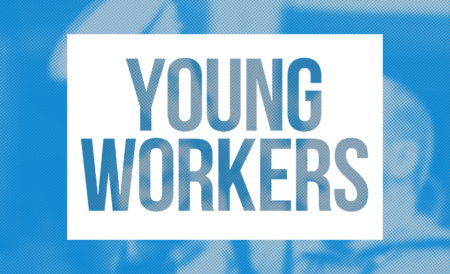To all CIU members:
National Public Service Week, set to take place this year from June 9 to June 15, is intended as an opportunity for the federal government to recognize the contributions of federal public service workers.
Given the state of things at the FB bargaining table, the abysmal record of CBSA management towards our members, and the overall tenor of the relationship between the federal government and federal public service unions in the wake of the recent telework debacle, it is safe to say that any such recognition would ring hollow.
Recognition should not be a matter of mere words but of actions, and the employer’s current actions towards our members speak volumes.
At the FB table, they have pushed the process to the point of impasse, going through the motions of an unnecessary long and meandering exercise to avoid giving our FB members a fair contract, not even bothering with putting forward a proper wage offer.
Regarding equitable retirement options for the FB group, despite repeated calls to do what’s right and propose the necessary legislative changes that would make retirement after 25 years of service possible, the federal government continues to drag its feet.
On the telework front, affecting a large swath of our members, Treasury Board has signaled it has zero intention of engaging in meaningful work with unions to create a framework that would work for workers, not against them.
The strong strike mandate secured by our FB members on May 23 sends a clear message to the employer that we are mobilized and ready. As the employer’s churlish approach to bargaining continues to drive us towards a repeat of August 6, 2021, it goes without saying that National Public Service Week activities organized by the employer should be summarily ignored. Respect trumps recognition, and the absence of respect from CBSA for our members is palpable.
Instead, I encourage members to find different ways of celebrating our collective strength. Where rallies or other union activities are set to take place, I invite members from all units to support FB mobilization efforts to show the employer that we are ready to act as one.
Finally, on a personal note, I continue to be immensely proud of representing the CIU membership. Your sustained dedication and ability to push back against one of the worst employers of the federal public service is truly remarkable.
Thank you and in solidarity,
Mark Weber
CIU National President






